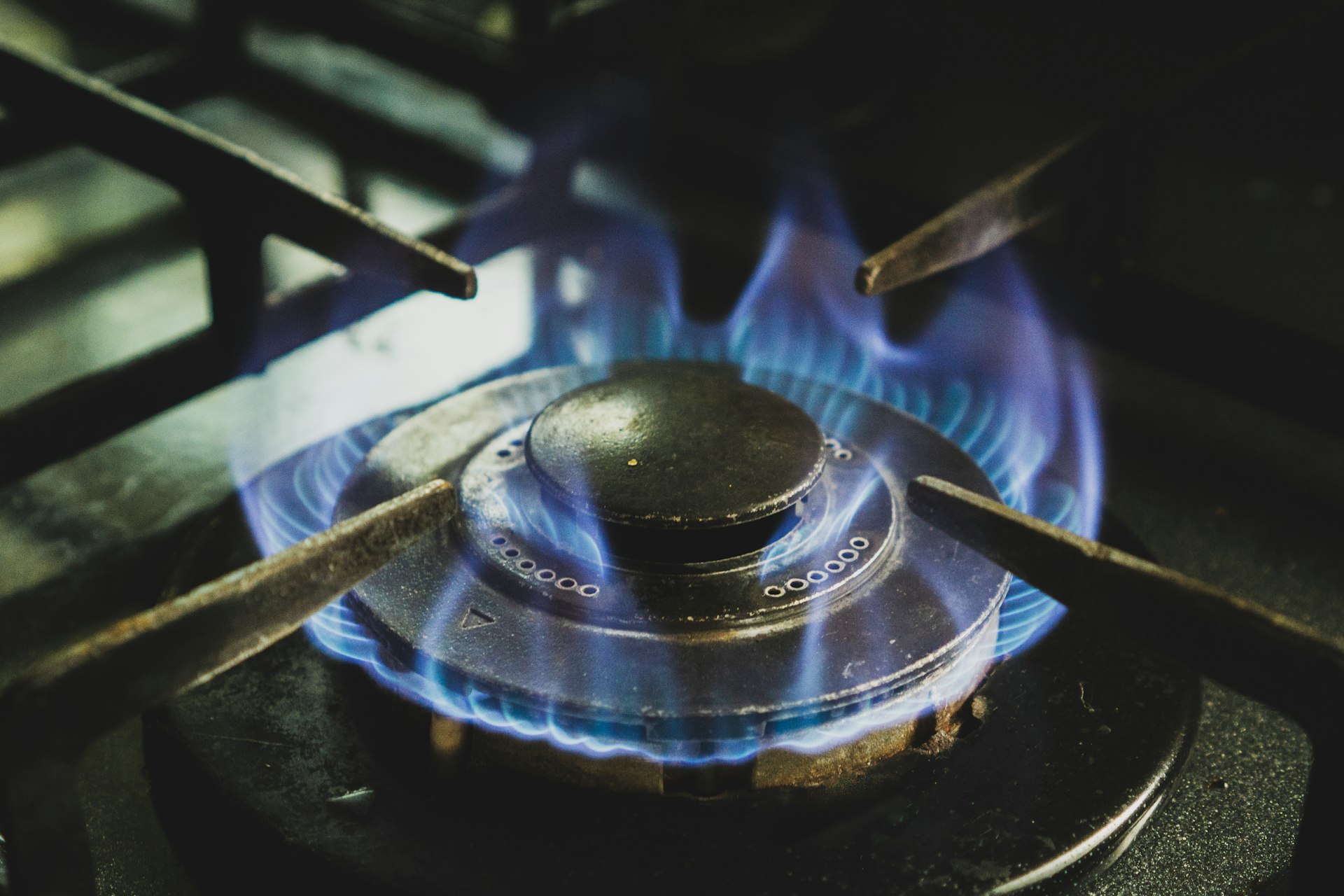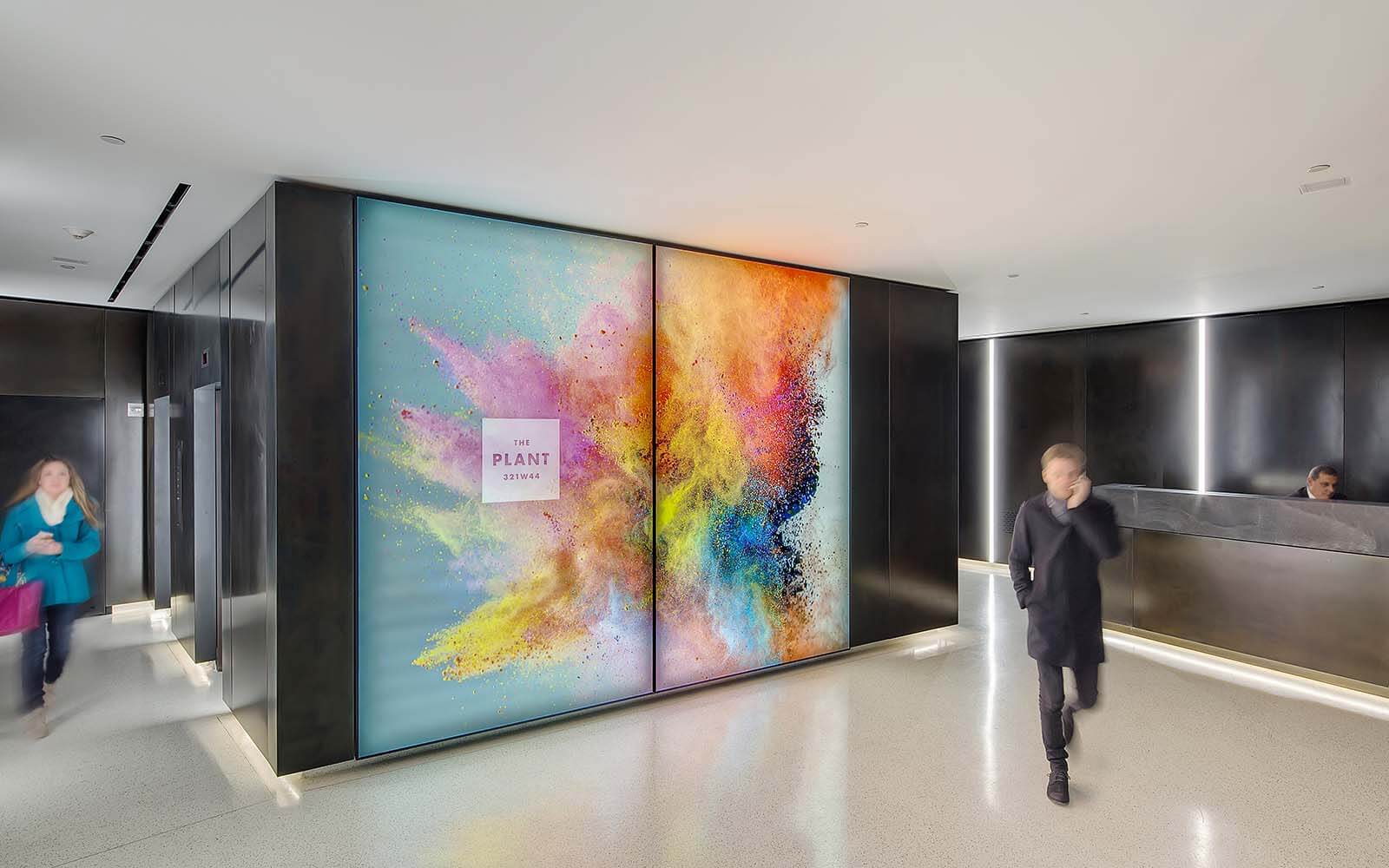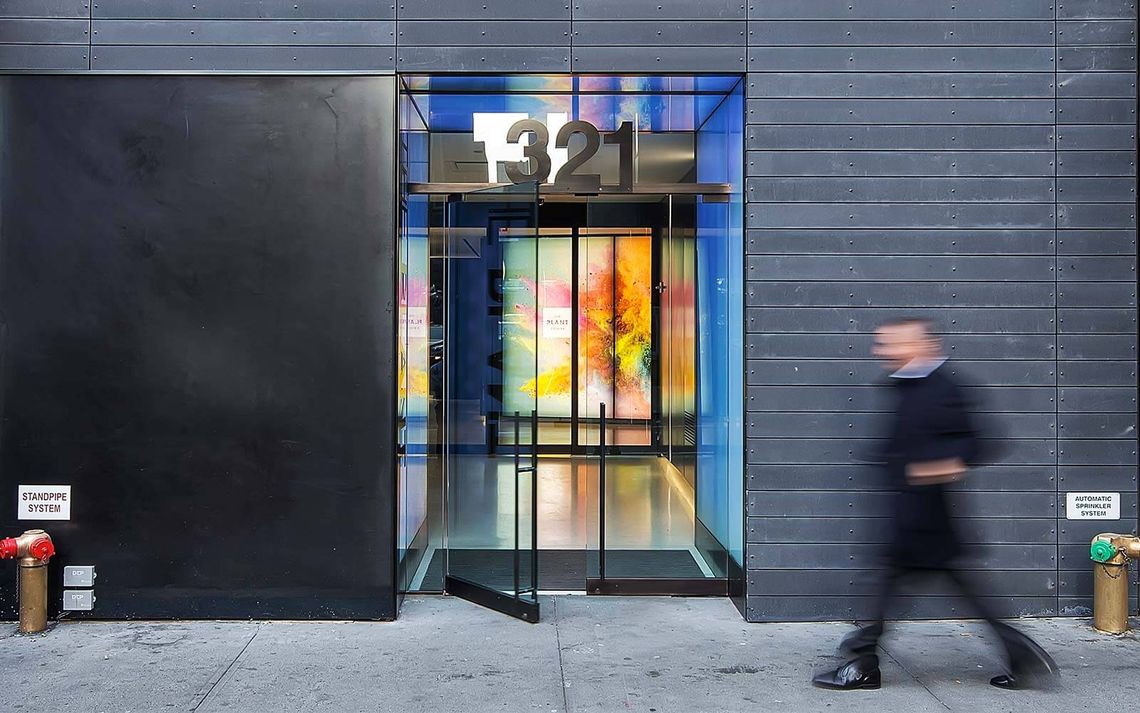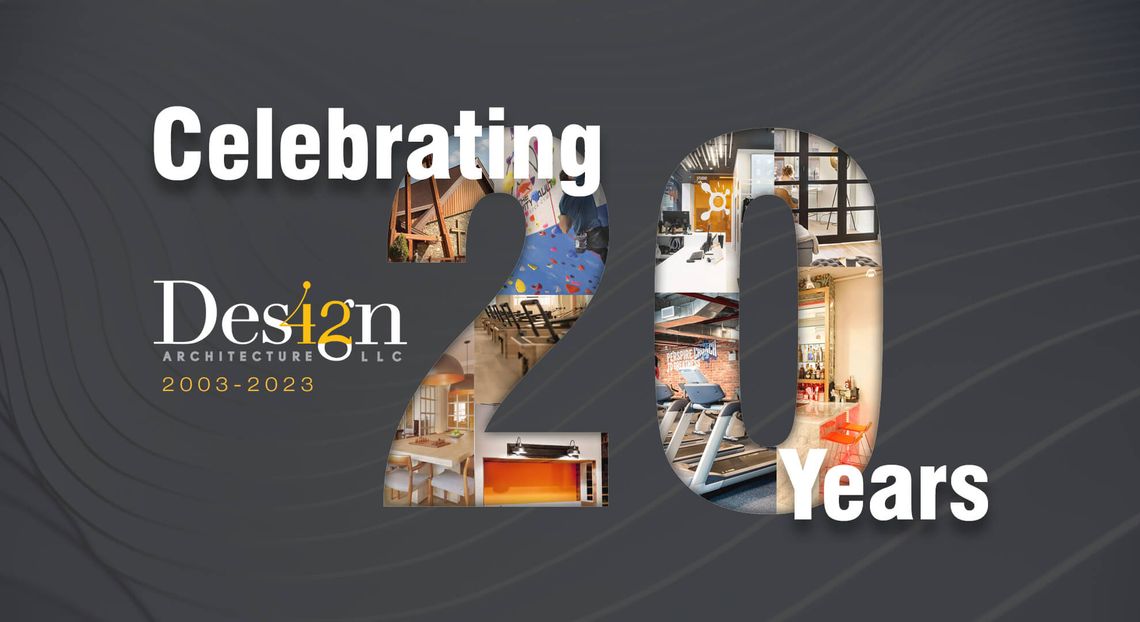The New York City Department of Buildings (DOB) is taking a giant leap towards a greener, more sustainable future with Local Law 154 of 2021 (LL 154/2021). This groundbreaking legislation prohibits on-site combustion of fuels emitting more than 25kg CO2/MMBTU. The law is being phased in over the course of 4-years, beginning with 1-2 family homes under 7 stories as of January 1, 2024, and concluding with all occupancies in December 2027. With only a few exceptions, the law will apply to new building applications and those obtaining a new certificate of occupancy.

As board president of the Clinton Housing Development Company (CHDC), Dan Henkel has seen first-hand the prospective benefits of pursuing full electrification. Removing natural gas and fuel oil appliances from CHDC's portfolio of affordable housing residences has far-reaching advantages. We'll explore the pros and cons of building electrification and debunk a common misconception about its impact.
The Pros of LL 154:
1. Reduced Carbon Footprint: By curbing the use of high-emission fossil fuels, the law is a direct response to climate change. It helps NYC make significant strides toward its climate goals by reducing greenhouse gas emissions and can lead to more energy-efficient systems, cutting down operating costs in the long run.
2. Improved safety & startup: By avoiding ConEd and gas authorization on new projects, you'll avoid the drastic delays in startup which pertain to the approval and provision of natural gas service. There has been a heightened focus on the authorization and oversight of gas infrastructure lately, these delays have been partly due to the response to several tragic gas explosions in the city.
3. Healthier Living: Lower emissions from electrification translate into better air quality, promoting healthier living conditions and reducing health risks for residents.
The Cons of LL 154:
1. Transition Costs: Replacing existing natural gas and fuel oil appliances with electric alternatives can pose a financial challenge initially. However, these upfront costs are outweighed by long-term benefits and positive environmental impacts.
2. Infrastructure Upgrades: Adapting to electrification may necessitate upgrades to a building's electrical infrastructure, which can be both challenging and costly. However, since the law focuses more on new buildings and major renovations, the costs would be incorporated into the planning phase as opposed to retrofitting.
3. Limited Scope: The law applies to specific building occupancies and only affects new constructions and those applying for a new certificate of occupancy. The full impact on emissions may take time to realize.
Debunking the Power Grid:
A common misconception is that full electrification will strain the NYC power grid. In reality, the grid is more than capable of handling the increased electrical load. As technologies advance, grid resilience and capacity continue to improve. NYC is investing in grid infrastructure and smart technology to accommodate the growing demand for electricity. The transition to electrification aligns with these efforts, ensuring a sustainable and efficient energy future for the city.
Design42 and the Transition:
NYC Local Law 154 of 2021 is a significant step towards a cleaner, greener, and safer urban environment and Design42 is already at the forefront of this transition. While there may be initial hurdles, its long-term benefits in reducing emissions, improving energy efficiency, and public health are undeniably worth the effort. As NYC pioneers this path, Design42, and our leaders are committed to creating buildings that harmonize with our planet's future.
